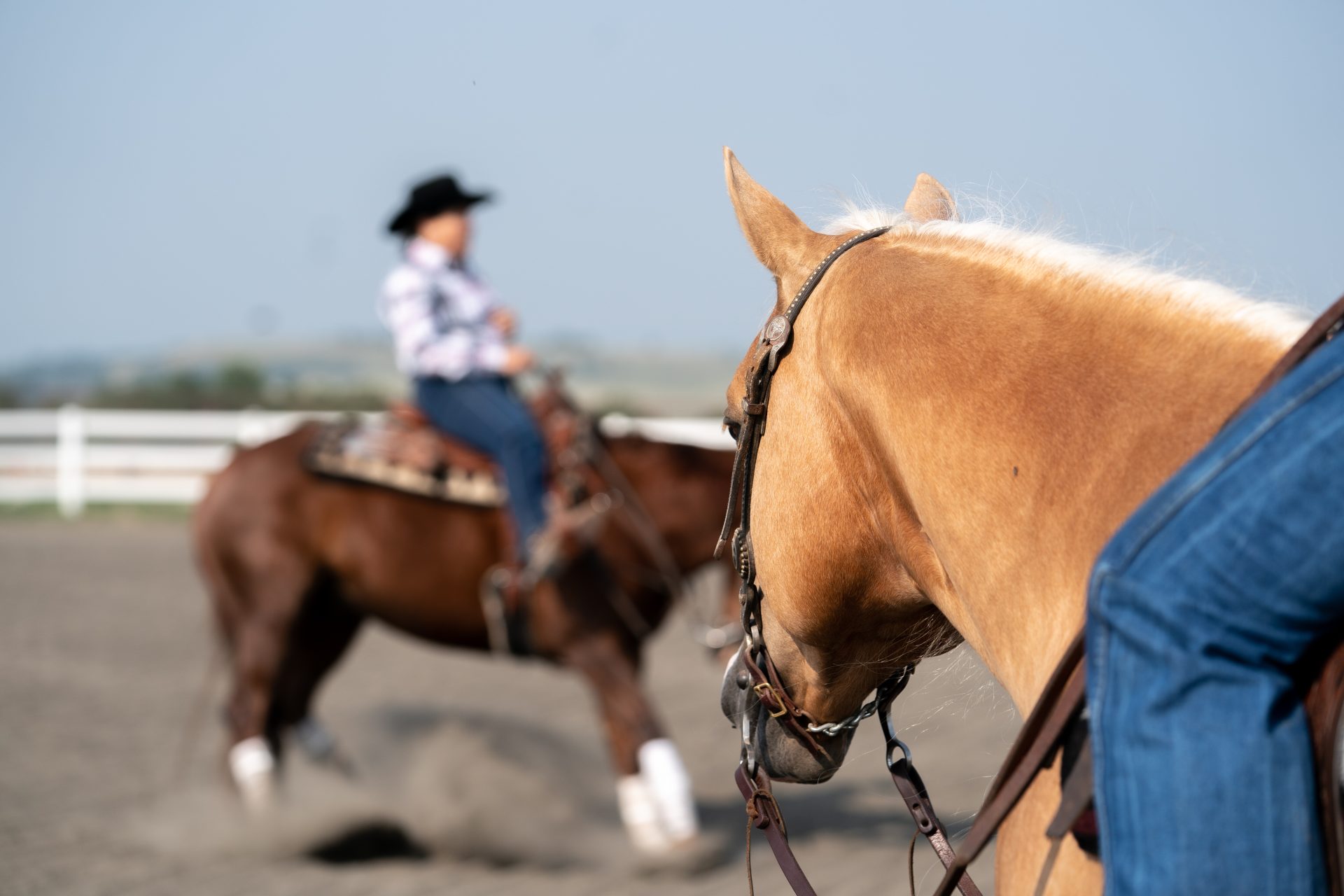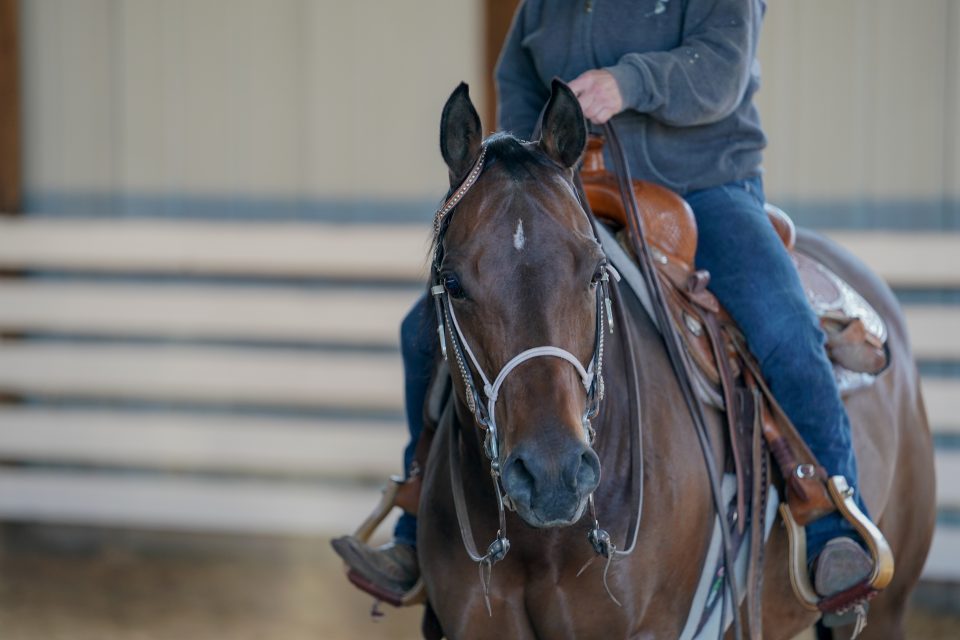The key to leveling-up your business could lie in hiring a professional coach to help get you on track. By Jennifer Paulson

If you’ve played any sports, you’ve no doubt benefitted from the insight and motivation provided by your coach. You might’ve even developed a coaching relationship with a fellow NRHA Professional to help you when you’re stuck training a horse or putting the final polish on before a major event. In either case, your coach helps you find ways to develop your skills, find a framework to meet your goals, and cheers you on as you progress (and picks you up when you stumble).
But have you ever considered enlisting the help of a coach to level-up your business?
Katie Hollingsworth is a familiar face around NRHA, having provided her coaching services to NRHyA delegates and officers and to NRHA employees. She’s also married to a rodeo coach at Oklahoma State University, and is a barrel racer herself. Most notably (and important to you as a business owner) is Hollingsworth is a performance and leadership development coach at Krave Coaching and Consulting.
Here, Hollingsworth details how a professional coach can be the best investment you make in your business and in yourself in these articles:
Part 2: Getting Started and Finding a Coach
Part 4: Put Your Mind to It and Stay on Track
Getting Started
With the beginning of a new year, you’re probably thinking about your future. What’s next for you, your business, your training program? It can leave you feeling overwhelmed to come up with plans to make 2022 your best yet, but it’s a crucial step in leveling-up your business. And a coach can help.
But where do you begin?
“Your coach needs you to come with an understanding of where you want to go, what goals you’re trying to achieve, and what you’re willing to commit to,” Hollingsworth says. “What have you already tried? What do you believe is standing in your way? Answers to these questions—and an open mind—will start the conversation on a productive note.”
Hollingsworth cautions that a coach isn’t there to give you answers or systems—that’s more a consultant’s job. Rather, coaches create the space to allow you to succeed.
“I’m not the expert in my client’s life or business,” Hollingsworth points out. “I ask strategic questions so you can create the plan. My questions usually start with what’s most important to you? Is it revenue? Brand recognition? Reach and influence? Wins? Someone might say all of it! But then we have to break it down to the most basic elements to develop a system to find success. Your goal doesn’t distinguish your success; your systems of how you get there do. Everyone in your business wants to win the big check at the next event. Your systems for getting there, ability to pivot when you face an obstacle, and commitment are what allow you to be the one who achieves that goal.”
Finding a Coach
“Connection is key,” Hollingsworth begins, “but finding a coach with International Coaching Federation credentials is the way to start. Coaching is a fairly unregulated business, but ICF requires 200 hours of education, along with coaching and mentoring hours. You’ll see more bang for your buck with an ICF-certified coach.”
Many people find coaches via word of mouth. They hear peers and friends sharing success stories, and follow the same path. But it’s important to ask questions and do research. Some coaches are more suitable if you need a lot of pushing; others are better for more aggressive personalities. Most coaches offer a free “exploration session” where you can get to know each other and see if it’s a good fit.
“I tend to work with a lot of people in the Western industry,” Hollingsworth says. “The horse world has its own vernacular, and you don’t want to waste time in your sessions explaining every detail of what you do. It’s best to work with someone who gets the language, and that offers a connection to your lifestyle, too. Trainers have a very different lifestyle, so someone with a base knowledge of that would be a coach to consider.”
Find the rest of this article at the links above.



